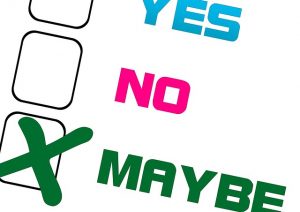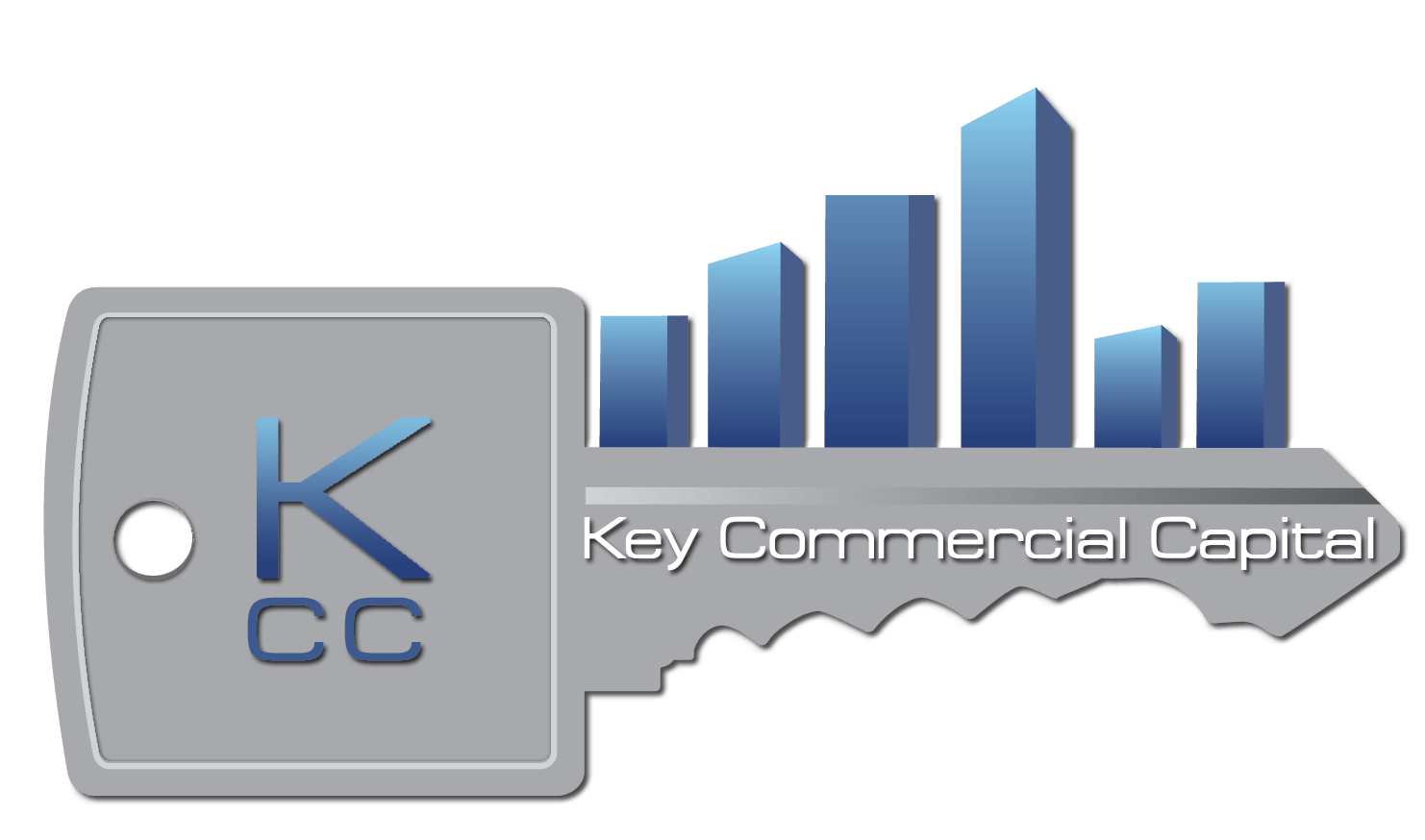You are considering starting a business. Whether the business will be a franchise or an independent business there are costs involved in getting started.
What are the possible business start up costs?
-
- State Filing fees for registration of legal business name
-
- Accounting/Legal
-
- Licensing
-
- Franchise fee for the territory
-
- Lease/Rent/Building purchase
-
- Equipment
-
- Commercial Real Estate appraisal
-
- Construction/Build-out
-
- Signage
-
- Inventory
-
- Training
-
- Marketing/Advertising
-
- Insurance
-
- Payroll
- Utilities
How can you pay for business startup costs?
There are many ways to pay for these expenses.
-
- Personal Credit Cards
-
- Home Equity Line of Credit
-
- Home Equity Loan
-
- IRA/401K Rollover (ROBS – Rollover for Business Start Up)
-
- Personal family loan
-
- Personal Savings
- SBA Loan (Small Business Administration)
Why is an SBA loan a wise way to get started?
The SBA is a US federal government agency that sets guidelines for SBA loans. The agency does not lend money directly. It oversees the guidelines that its partner lenders must follow when making loans and then provides guarantees for the loans to certain percentages based on the loan amounts.
Can you qualify for an SBA Loan?

It is not necessarily easy to qualify for an SBA loan. A borrower must show that he or she has cash funds set aside in accounts to prove that personal funds will be invested into the business project. Lenders also like to see that there are reserves (more funds in addition to what will be used for the business). Reserves help strengthen the file by showing that a borrower can access personal funds to pay the business loan payment while the business is ramping up or to cover the loan payment during a month where the revenue of the business is not quite enough to make the payment.
Is it ok to have debt when applying for a loan?
Personal debt is also considered when applying for an SBA loan. Borrowers must show the right debt to income ratio. If a new owner has put expenses for the business on personal credit cards he or she might be negatively affecting the likelihood of being approved for a business loan. Personal credit cards cannot be refinanced with an SBA loan, even though the expenses on the personal card might be business expenses. If a few personal cards are at 100% credit usage, this could cause a very quick decline of an SBA loan application.
Can you use a home equity loan for a business loan down payment?
 Using the equity in a primary residence toward a personal loan or line of credit is an option to access funds for a business start-up. Be careful with this option. If the business needs to apply for an SBA loan at some point in the future and collateral is required, the SBA lender may not allow their lien to be in third position. If there is a mortgage on the property, it is the first position lien, the HELOC or Home Equity loan will be in the second position lien, thus forcing the SBA lender to be in third position. This may not be allowed by the underwriters. It also does not help the business build its credit by using equity from the primary residence or rental property as this is a personal loan and not a business loan.
Using the equity in a primary residence toward a personal loan or line of credit is an option to access funds for a business start-up. Be careful with this option. If the business needs to apply for an SBA loan at some point in the future and collateral is required, the SBA lender may not allow their lien to be in third position. If there is a mortgage on the property, it is the first position lien, the HELOC or Home Equity loan will be in the second position lien, thus forcing the SBA lender to be in third position. This may not be allowed by the underwriters. It also does not help the business build its credit by using equity from the primary residence or rental property as this is a personal loan and not a business loan.
Does an SBA loan affect my personal credit?
 An SBA loan will not appear on the personal credit report of the borrower. It is a business loan and will help the business build credit for future financing needs. It will not hinder the borrower from accessing personal equity from the primary residence if necessary or from borrowing for other projects personally. A business owner can always fall back on the equity in real estate if business cash flow gets tight.
An SBA loan will not appear on the personal credit report of the borrower. It is a business loan and will help the business build credit for future financing needs. It will not hinder the borrower from accessing personal equity from the primary residence if necessary or from borrowing for other projects personally. A business owner can always fall back on the equity in real estate if business cash flow gets tight.
Should I use my 401K to fund my business?
A 401K/or IRA rollover (ROBS program) is another option. Once these funds are spent on the business, they can no longer be viewed as savings or reserves by the lender underwriters. It is a great option to fund a business, but if the business needs additional funds in the future, the owner may not be able to qualify for a business loan because the file does not show adequate reserves. It is smarter to get the SBA loan in place first and to use the retirement accounts as a back- up plan for later. Again, it is also very good to use the SBA loan to build the credit of the business, so that in the future, the EIN (Employer Identification Number) will be able to apply for financing that is not tied to the borrower’s SSN (Social Security Number). If a borrower needs to access retirement funds for the down-payment on an SBA loan, we encourage a partial rollover combined with an SBA loan. It is perfectly fine to leave most of the IRA or 401K intact and to roll only $50,000 (depending on down-payment amount requirement for the SBA loan) of it into the business. The ROBS program normal suggested minimum amount is $50,000.
Can my family loan or gift money for my business?
 Many family loans or gifts are wonderful and extremely helpful. This is likely the best option, but again it does not allow the business to build its credit like an SBA loan. Sometimes things can get a bit uncomfortable in families when these exchanges happen. If the family can work it out without causing damage to the personal relationships it can be a positive experience. Family gifts can be used toward the down-payment on an SBA loan. The family member(s) must be immediate family. They will be required to sign a gift letter, stating that the funds are a gift and that there is not an expectation of repayment. The funds must be verified by 3 months of bank statements, showing where the funds have been derived from. The funds cannot be borrowed. They must be cash in verifiable accounts.
Many family loans or gifts are wonderful and extremely helpful. This is likely the best option, but again it does not allow the business to build its credit like an SBA loan. Sometimes things can get a bit uncomfortable in families when these exchanges happen. If the family can work it out without causing damage to the personal relationships it can be a positive experience. Family gifts can be used toward the down-payment on an SBA loan. The family member(s) must be immediate family. They will be required to sign a gift letter, stating that the funds are a gift and that there is not an expectation of repayment. The funds must be verified by 3 months of bank statements, showing where the funds have been derived from. The funds cannot be borrowed. They must be cash in verifiable accounts.
Using your savings vs getting a loan for a business startup or aquisition
 Personal investment savings might be earning a good rate of return and it might make more sense to leave the investments intact and to get an SBA loan. SBA 7A loan rates are usually based on WSJ prime plus a fixed percentage (commonly 2.75%). Depending on prime rate, investments might be yielding a greater return than the cost of the interest for the SBA loan. It is a good move to allow the business to build its credit and to allow the business to pay its own debt. Separating business debt and personal debt is an important part of planning ahead for business success. Contact us to discuss the how to plan ahead for a quick and easy approval for an SBA loan and start your business off on the right foot with respect to its finances.
Personal investment savings might be earning a good rate of return and it might make more sense to leave the investments intact and to get an SBA loan. SBA 7A loan rates are usually based on WSJ prime plus a fixed percentage (commonly 2.75%). Depending on prime rate, investments might be yielding a greater return than the cost of the interest for the SBA loan. It is a good move to allow the business to build its credit and to allow the business to pay its own debt. Separating business debt and personal debt is an important part of planning ahead for business success. Contact us to discuss the how to plan ahead for a quick and easy approval for an SBA loan and start your business off on the right foot with respect to its finances.

